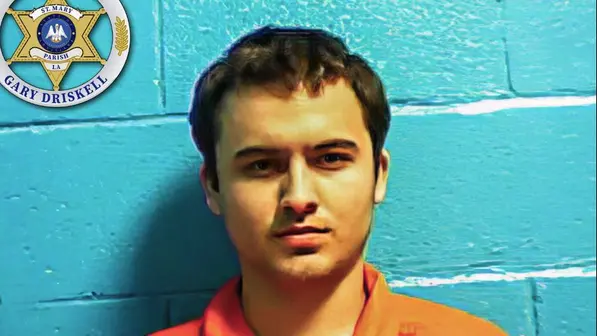T4K3.news
FBI arrests Iowa gymnastics coach on abuse charges
Sean Gardner was arrested on a federal charge after allegations of abuse and secret filming surfaced.
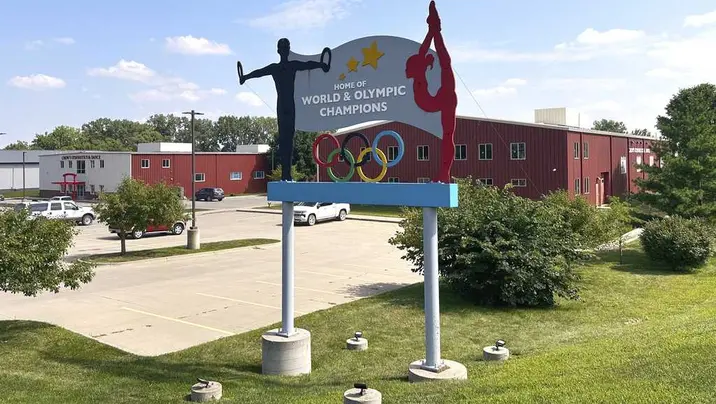
The coach is accused of abusing young gymnasts and secretly recording others, highlighting gaps in safeguarding systems.
FBI arrests Iowa gymnastics coach on abuse charges
Sean Gardner, 38, was arrested by the FBI in Des Moines on a federal charge of producing visual depictions of minors engaging in sexually explicit conduct. Court records show he coached at Chow’s Gymnastics and Dance Institute in West Des Moines after moving from Jump In Gymnastics in Mississippi in 2018, where he is accused of abusing young gymnasts and secretly recording others undressing in a gym bathroom. He was suspended by SafeSport in 2022 after reports surfaced of inappropriate behavior toward students, a case that has not yet been resolved.
Last May investigators recovered digital material from Gardner’s devices, including dozens of images and hundreds of videos involving nude or partially clothed girls, some linked to the Mississippi facility that has since closed. The FBI matter adds to questions about how SafeSport sanctions interact with criminal prosecutions, and why cross‑jurisdictional cases can linger for years while athletes wait for protection and accountability.
Key Takeaways
"SafeSport defended its temporary suspensions in a statement as a unique and valuable intervention"
SafeSport's defense of its approach
"SafeSport is now part of a larger problem rather than a solution"
Steve Silvey on the system's effectiveness
"I would like to see more consistency with their outcomes and sanctions"
Li Li Leung on improving SafeSport
"From an outward operational view, the situation turns glow‑in‑the‑dark toxic"
Ken Lang on enforcement and perception
The case exposes how safeguarding reforms in sport still rely on slow, interwoven processes. Victims and their families face barriers to reporting, and sanctions do not always shield other settings where an abuser may work. Critics argue that SafeSport’s investigative pace and transparency undermine trust, while supporters say the system provides a needed interim safeguard when criminal charges are pending.
Beyond sports, the incident highlights a broader question about professional boundaries and safety culture. Gardner’s ability to land a new health care job in 2024 after SafeSport involvement underscores concerns about how sanctions travel outside athletic programs and the need for stronger information sharing across sectors. The community awaits clearer standards and swifter action that protects young people without eroding due process.
Highlights
- Justice delayed is safety at risk
- Safeguards need speed not excuses
- Trust comes from action, not promises
- Protecting young athletes requires real, not cosmetic, overhaul
Potential risk: safeguarding failures and public backlash
The article highlights gaps in safeguarding and slow regulatory processes that can delay justice for victims, raising concerns about accountability and public trust in sports safety systems.
The fight for safeguarding in sport is ongoing and must move faster than rumor and delay.
Enjoyed this? Let your friends know!
Related News
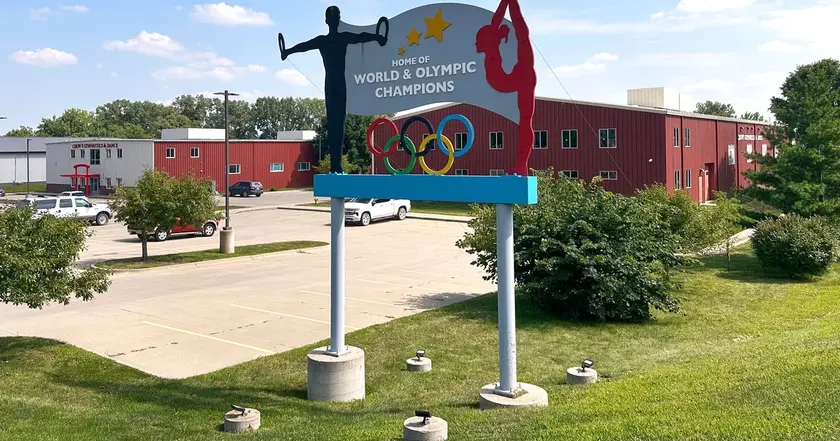
FBI arrest in gymnastics abuse case
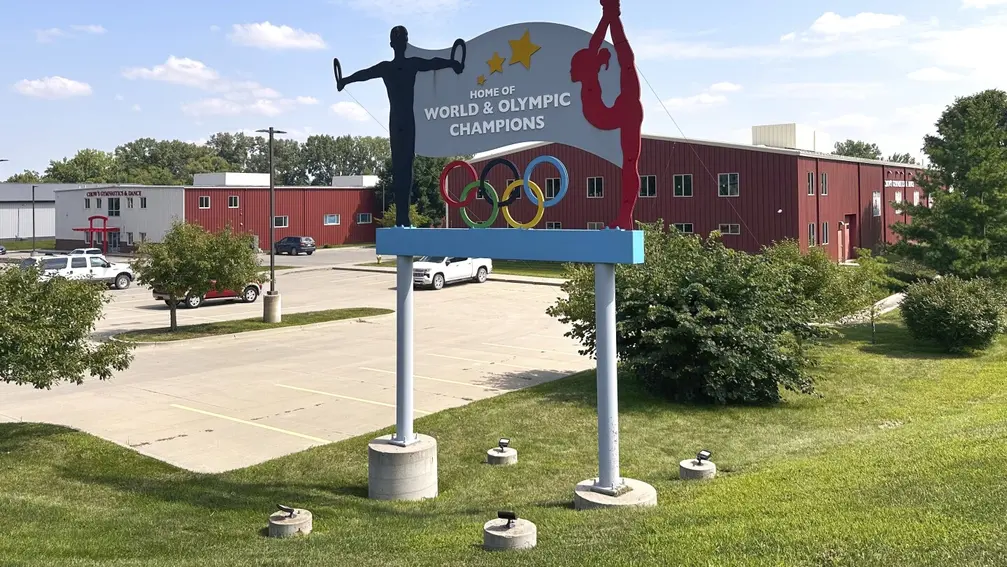
Ex coach arrested on federal charge after abuse allegations

Delta co-pilot arrested on charges of possessing child sexual abuse materials
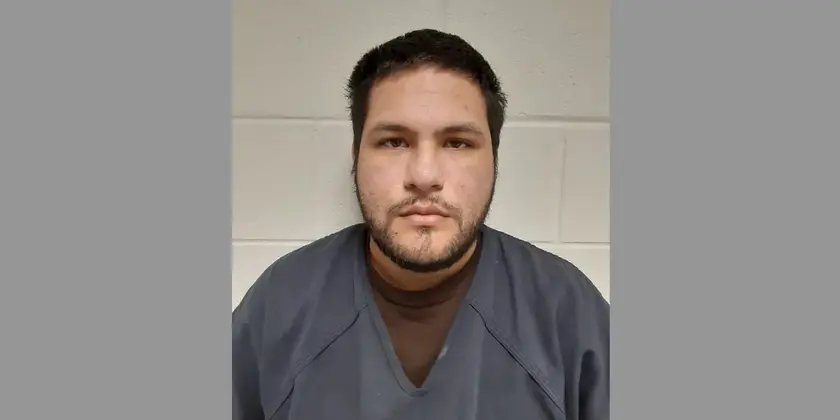
Arkansas man pleads guilty to plot to murder teenage girl

Surrogacy scandal exposes abuse in California mansion
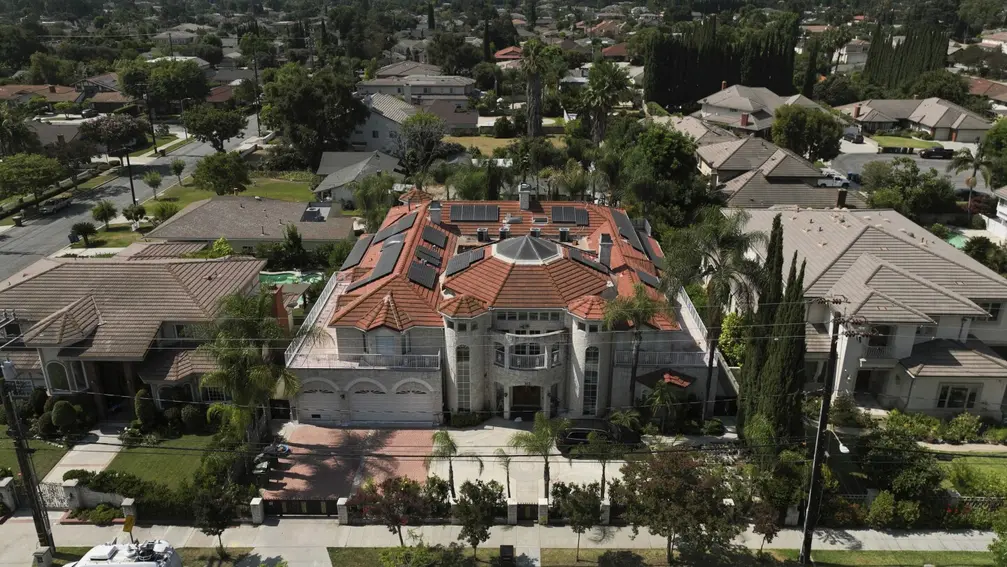
Investigation launched against California couple in surrogacy case

Co-pilot arrested after incident on Delta flight

Pilot arrested on child sex abuse material charges at San Francisco airport
